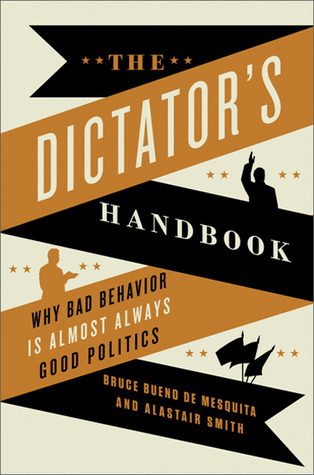
The Prince
Book Description
Power waits for no one. From the shadows of political intrigue, *The Prince* emerges as a masterclass in manipulation and strategy, where ambition collides fiercely with morality. Niccolò Machiavelli unveils the ruthless truths behind ruling, exposing the lengths to which leaders will go to maintain control and achieve greatness. With each page, the stakes rise as ethical dilemmas and chilling calculations blur the line between hero and villain. Can a ruler truly gain respect without resorting to deceit? Step into a world where loyalty is fleeting, and the crown's weight is heavier than it appears. What price will you pay for power?
Quick Book Summary
"The Prince" by Niccolò Machiavelli is a seminal treatise on political power, leadership, and statecraft, written during the complex political turmoil of Renaissance Italy. Offering pragmatic advice to rulers, Machiavelli examines how princes can acquire, consolidate, and maintain political authority—even if it means engaging in deceit or morally questionable tactics. He challenges ideals of virtue in favor of results-driven pragmatism, arguing that a successful ruler may need to be both loved and feared, but above all, must not be hated. Through historical examples and incisive observations, Machiavelli reveals the often harsh realities of governance, emphasizing adaptability, cunning, and strategic thinking. "The Prince" stands as a controversial yet profoundly influential work, forever shaping debates on the ethics of political leadership.
Summary of Key Ideas
Table of Contents
The Morality of Power and Pragmatism
Written against the backdrop of Italy’s fractured city-states, "The Prince" offers a stark portrait of political life. Machiavelli separates the ideal from the real, insisting that rulers cannot afford to rely on abstract virtues when the stability of their state is at stake. He advises princes to be ruthless when necessary and to judge actions by their utility to state survival rather than by moral standards. This realist perspective marks a departure from prior political philosophy that prioritized ethical ideals over effectiveness.
Techniques for Gaining and Maintaining Political Authority
Machiavelli provides concrete suggestions for acquiring and maintaining power, starting with his analysis of different types of principalities—hereditary, new, and mixed. For newly acquired states, he recommends swift and decisive action to secure authority, often requiring the ruler to suppress opposition and garner the support of the populace. He stresses the importance of a strong military that is loyal to the ruler, warning against dependence on mercenaries and auxiliaries, who may be unreliable or self-interested.
The Role of Fear versus Love in Leadership
A central theme in "The Prince" revolves around the dilemma of whether it is better for a ruler to be loved or feared. Machiavelli famously argues that while being both is ideal, it is far safer for a prince to be feared, as people are inherently self-serving and less likely to turn against someone they fear. However, he cautions against cruelty that breeds hatred, which can undermine a prince’s authority and provoke rebellion.
The Importance of Adaptability and Fortune
Adaptability and fortune play vital roles in Machiavelli’s framework. He asserts that successful rulers must be quick to respond to changing circumstances and political fortune—what he calls "Fortuna." Since events are often unpredictable, a prudent ruler remains flexible, ready to modify policies as needed to preserve power. This approach requires constant vigilance and a willingness to abandon old habits when they become obstructive.
The Use of Deceit and Image in Rulership
Deception and the management of public perception are also key strategies explored in the book. Machiavelli notes that while personal morality is valuable, a ruler’s public image must take precedence. He advocates that princes appear virtuous—even if they must engage in manipulation or deceit behind the scenes. The ends, he implies, often justify the means, as maintaining the state’s stability and security supersedes individual morality. Through these insights, Machiavelli’s work remains a controversial but enduring analysis of power and political leadership.
Download This Summary
Get a free PDF of this summary instantly — no email required.





